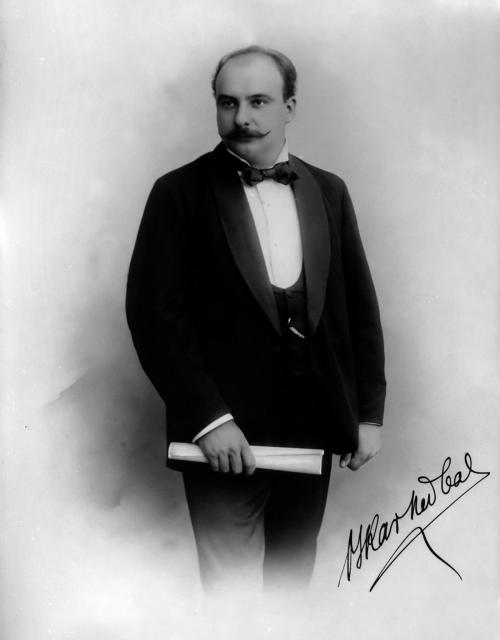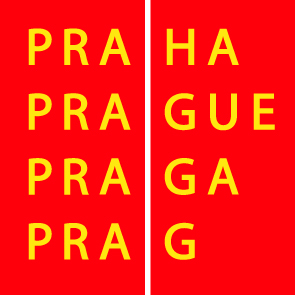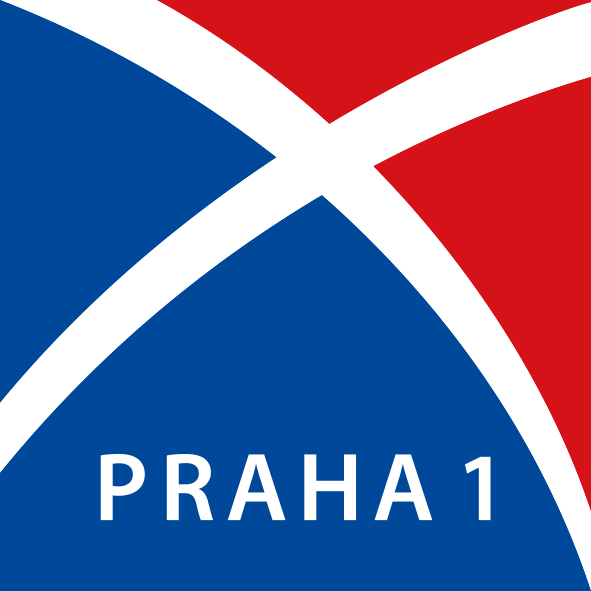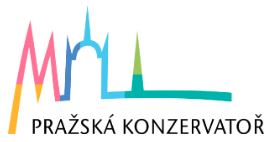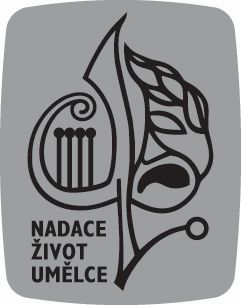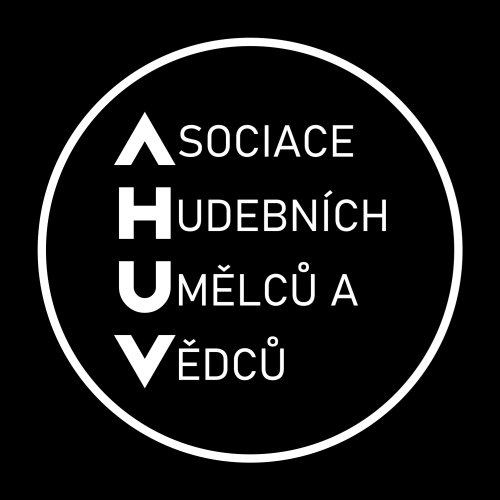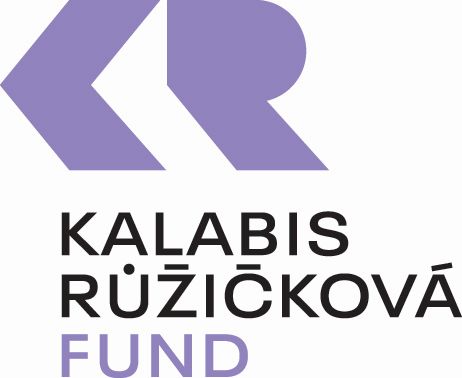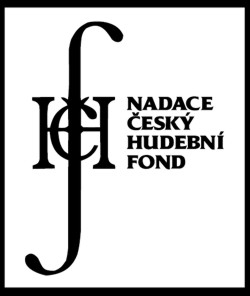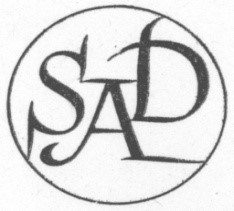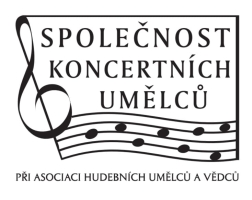The composer Oskar Nedbal (1874-1930) is one of the most important pupils of Antonín Dvořák, after Josef Suk and Vítězslav Novak. He was born in the south Bohemian town of Tábor, the son of Karel Nedbal, who was a leading personality of the cultural life of Tábor. In 1877 Karel Nedbal founded the Philharmonic Association, which still exists today as the Bolech Chamber Orchestra. Oskar Nedbal collaborated with this orchestra regularly as a violist and conductor while pursuing his conservatory studies in Prague. His international musical career was already well established by the last decade of the 19th century, when he was the violist of the famed Czech Quartet. From 1906 until the creation of the Czechoslovak Republic in 1918 he was working in Vienna, then the capital of the Austro-Hungarian Empire, as the conductor of the Tonkunstler Orchestra. He collaborated with a number of other theatrical and symphonic orchestras abroad, as well as with the Czech Philharmonic, and he soon gained renown as a celebrated conductor in the eyes of the world. In his youth he produced many chamber compositions, such as songs and works for piano, violin and violoncello. Unfortunately, these works have languished in the shadow of his later works for musical theater, including his ballets and operettas. After 1923 he was the director of the Slovak National Theater in Bratislava. Although he greatly improved the artistic qualities of the theater, he was never able to resolve its critical financial situation. The stress that resulted from this, combined with his ill health, led to his death by suicide in Zagreb (Croatia).
Zdroj: www.sechtl-vosecek.ucw.cz



